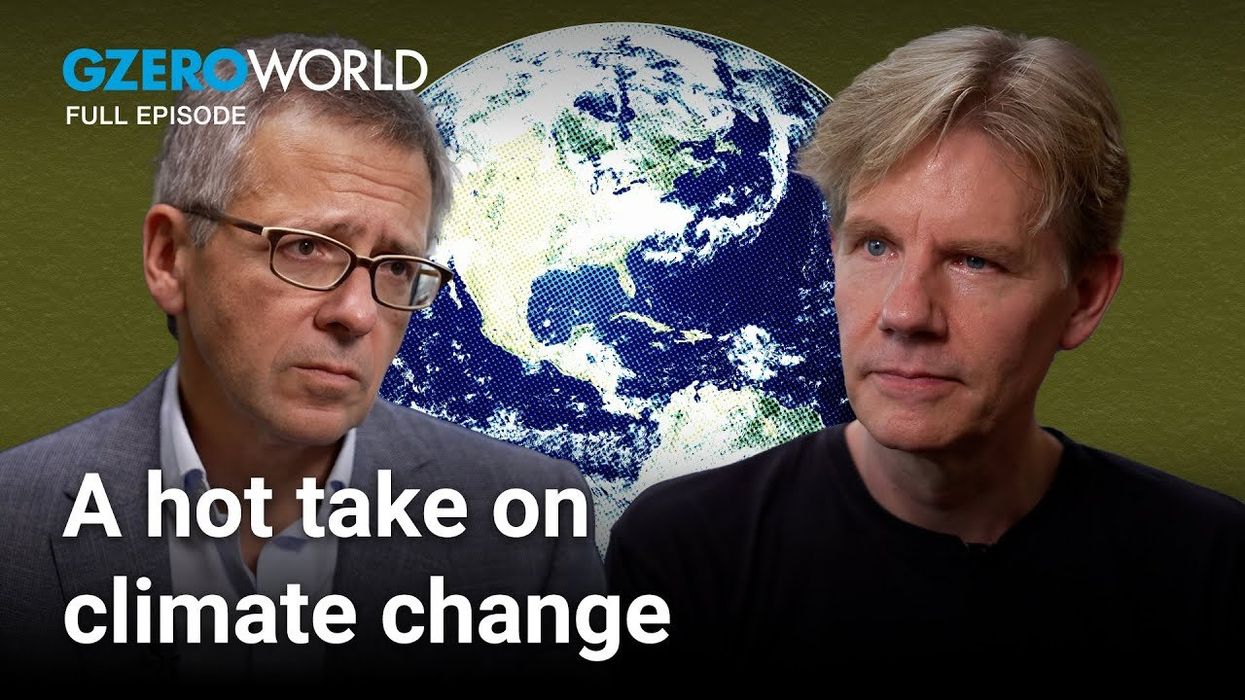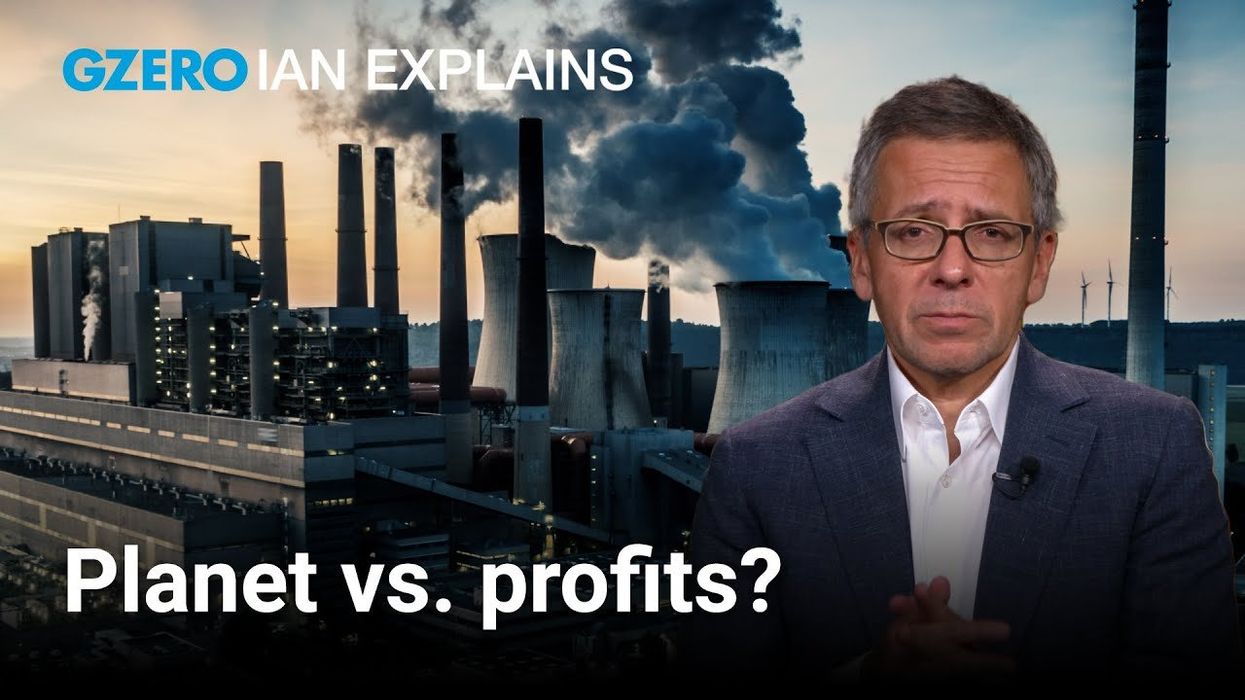GZERO World with Ian Bremmer
Climate change: are we overreacting?
Climate experts agree that climate change is real and human-caused. But how far should the world go to combat it? Will the worst-case scenarios forecast by climate scientists end up a reality? On GZERO World, Ian Bremmer is joined by controversial Danish author Bjorn Lomborg to unpack this critical issue.
Oct 09, 2023


